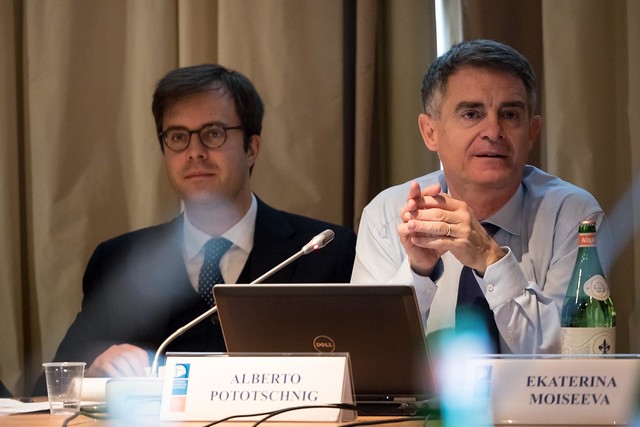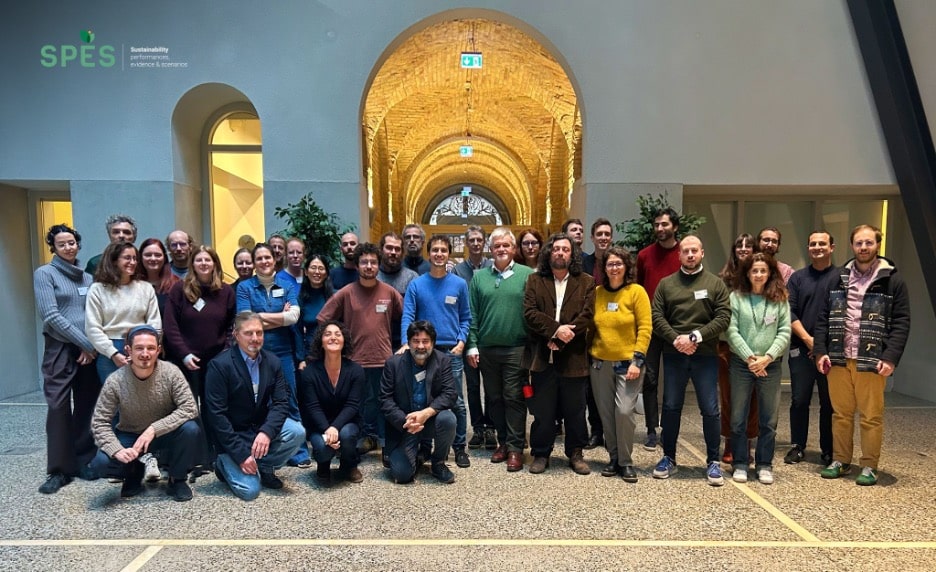Market Abuse and Abuse of Market Power in Wholesale Energy Markets

FSR Regulatory Policy Workshop Series 2017 – 2018: Market Abuse and Abuse of Market Power in Wholesale Energy Markets
The EU Regulation No 1227/2011 on wholesale energy market integrity and transparency (REMIT) has introduced specific obligations and prohibitions to promote the integrity and transparency of trading in wholesale energy products. Specifically, it prohibits market abuse in the forms of market manipulation, attempted market manipulation and insider trading. It also envisages a sector-specific monitoring framework to detect and deter these types of abusive behaviour.
Article 2(2) of REMIT distinguishes four different categories of market manipulation: (i) false/misleading transactions, (ii) price positioning, (iii) transactions involving fictitious devices/deception and (iv) dissemination of false and misleading information.
The Workshop will aim at comparing and contrasting the notion of market manipulation, particularly in the form of price positioning; as well as the notion of abuse of dominant position, mainly in the form of artificial limitations in the production of an energy product. The event will try to identify and assess any overlaps between the two concepts and conclude on how to approach those specific cases in the best way.
Download the programme
This workshop is exclusively open to national regulators, representatives from public bodies and associate & major donors of the FSR Energy area.
Further background information:
Price positioning is defined as securing – or attempting to secure – by a person, or persons acting in collaboration, the price of one or several wholesale energy products at an artificial level – unless the person who entered into the transaction or issued the order to trade establishes that their reasons for doing so are legitimate and that the transaction (or order) to trade conforms to accepted market practices on the wholesale energy market concerned. Transactions involving fictitious devices or deception are those aimed to give false or misleading signals regarding the supply of, demand for, or price of wholesale energy products.
Examples of price positioning practices include those amounting to “abusive squeeze” (also known as “market cornering”), where a party (or parties) with a significant influence over the supply of, or demand for, or delivery mechanisms for a wholesale energy product and/or the underlying product of a derivative contract, exploit a decisive position in order to materially distort the price at which others have to deliver, take delivery or defer delivery of the instrument/product to satisfy their obligations. The European Agency for the Cooperation of Energy Regulators (ACER) notices that the proper interaction of supply and demand can – and often does – lead to market tightness, but that this is not market manipulation in itself. Similarly, having a significant influence does not constitute market manipulation by itself.
Another example of market manipulation in the form of “price positioning” are the “actions undertaken by persons that artificially cause prices to be at a level not justified by market forces of supply and demand, including actual availability of production, storage or transportation capacity, and demand (‘physical withholding’)”. For the actions of a person to have an influence on the market price, such a person should have a “significant influence/decisive position”.
The “significant influence” over the supply of wholesale energy products and the “decisive position” in their markets resemble the notion of “dominant position” referred to in Article 102 of the Treaty on the Functioning of the European Union, prohibiting the abuse of market power.
The notion of abuse of a dominant position in these forms is therefore closely related to the notion of market abuse in the form of market manipulation through price positioning practices. These two notions do not necessarily overlap, and it is clear that market manipulation (under REMIT) takes also forms that do not necessarily involve an abuse of dominant position. Another interesting question is whether all forms of abuse of a dominant position involving an artificial limitation of energy production (e.g. through capacity withholding) also represent market abusive behaviour under REMIT.
Don’t miss any update on our events
Sign up for free and access the latest events from our community.














